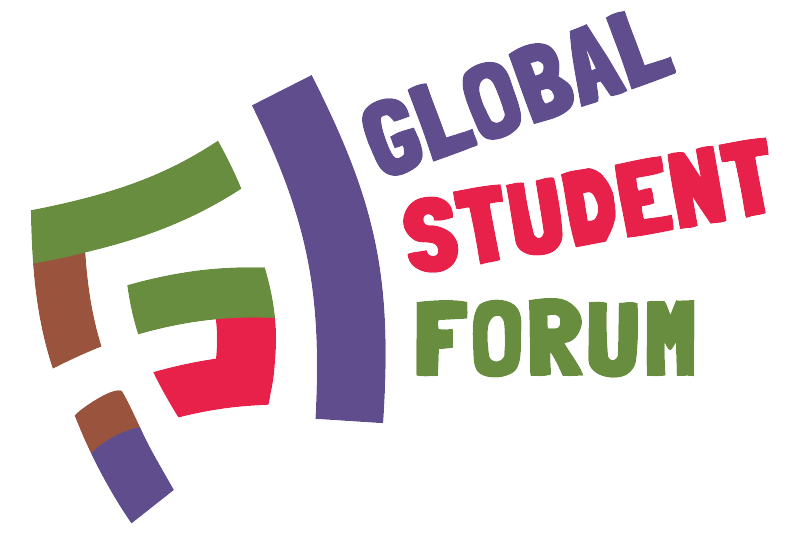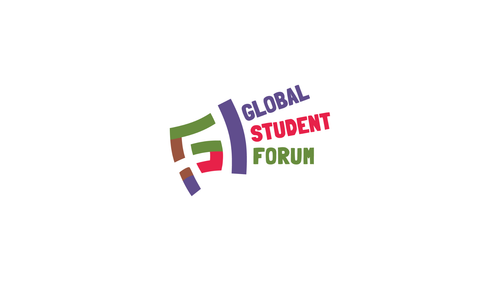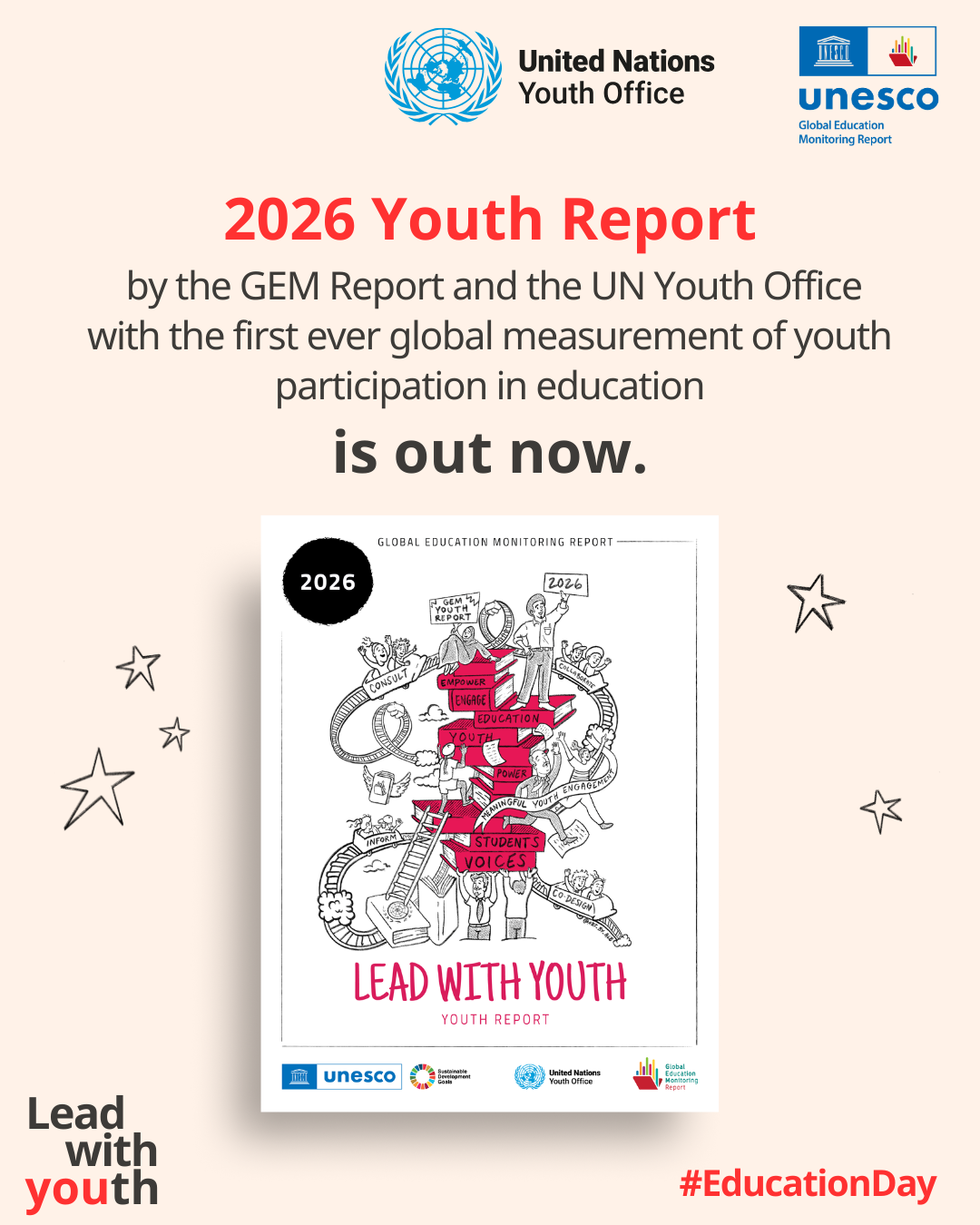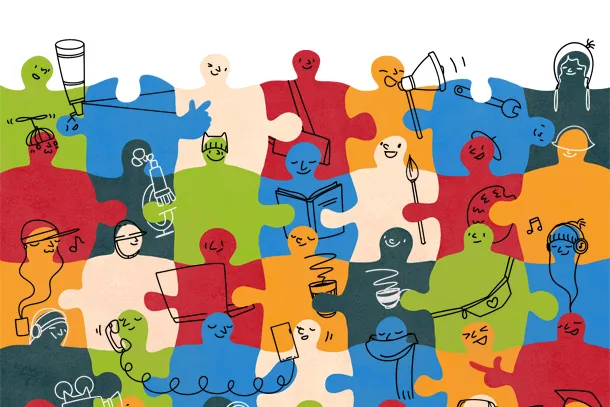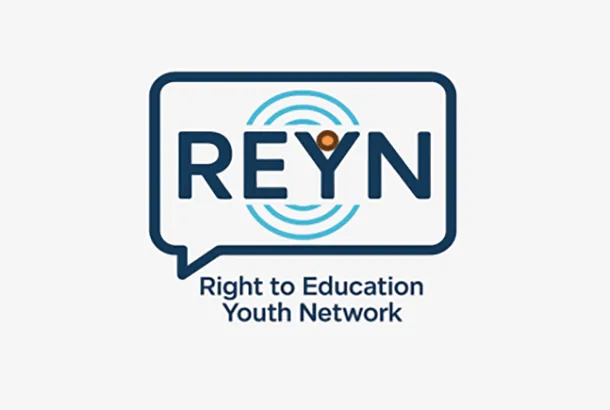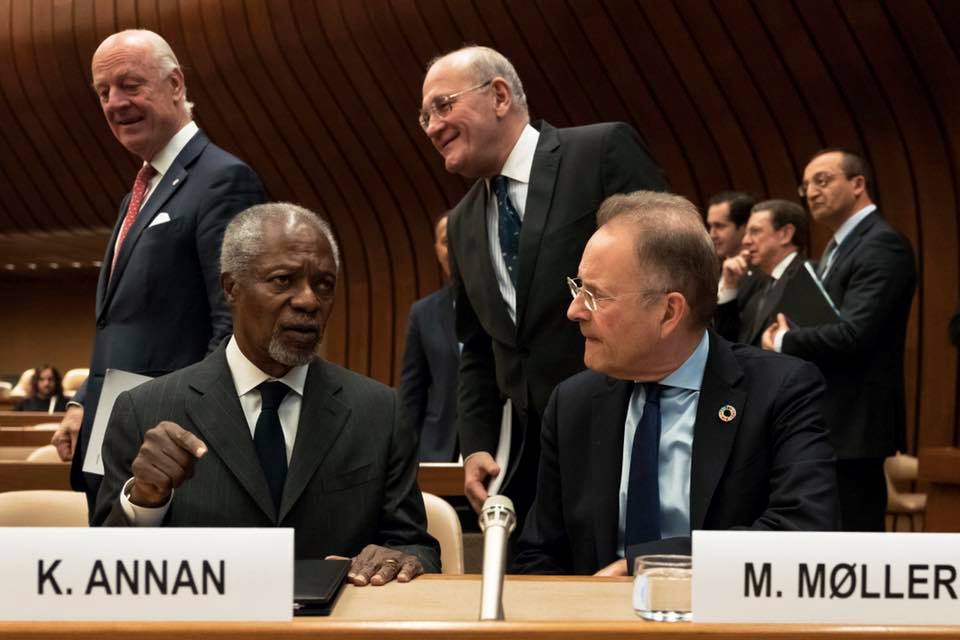In the zero draft of the Pact for the Future, the starting document for the Summit of the Future, heads of state note that “young people will have to live with the consequences of our action and inaction.” To safeguard future generations from the scourge of war, governments promise “a new beginning in international cooperation, with a new approach.”
In self-evident opposition to the forward-thinking spirit of the draft, young people are already suffering the consequences of past inaction.
- Yassin Hawaya, a member of the Sudanese Coalition for Education, shares that “In Sudan, war has hurt young people with disabilities—the most vulnerable members of our society—and pulled them from the safe havens that schools are meant to provide. Protracted crises only worsen their struggles.”
- Hadeel Al-Wasabi, an English teacher, notes that “In Yemen, war has displaced families, destabilised the country, and created poverty. Displaced students cannot continue their education, for they must prioritise their survival over their homework.”
- Rahma Samy, a researcher at the Association for Freedom of Thought and Expression in Egypt, argues that “the economic crisis in Egypt and the influx of refugees has put pressure on the Egyptian education system. Classrooms are dense with students, yet teachers are in short supply.”
- Martina Nazer, program coordinator at Egyptians Without Borders, continues, “We the youth of Egypt face many challenges: limited job opportunities, an unstable economy, and the absence of safe environments in which to learn. Our future is uncertain.”
The Israeli attack on Gaza is the starkest illustration of the consequences of protracted inaction in the lives of young people.
- Siwar Za’aneen, a media officer from Palestine, observes that “there is a huge concentration of displaced people in Gaza. It’s very hard to access the internet, to work; so we travel long distances to get online. We had to move once already, and we don’t know our next destination now.”
- Anas Al-Sharif, a journalist from Jabalia refugee camp, says, “Covering this war, we have faced difficulties and dangers at every moment. When electricity is cut off, we cannot charge our phones or our cameras. There is no food and drinking water. My house was targeted, my family was targeted, and my father was killed. Before he died, he told me not to stop reporting, so I will continue to cover the suffering, for the sake of my people, and for the sake of truth.”
- Mariam Tarifii, a reporter for Palestine TV, shares, “In the field, I usually don’t wear a helmet or a protective vest that journalists wear worldwide, because protective equipment cannot protect you in Palestine. When I wear them to comply with laws, I become a target.”
- Refat Sabbah, president of the Global Campaign for Education, concludes, “Schools have been destroyed, students have been killed in cold blood, alongside their teachers. And not a single international organisation has been able to protect them.”
Despite the weight of coming of age in a war-torn world, young people insist that they will transcend war with education.
- Teeba Mohamed Idrees Alsawaf, a lecturer at the University of Mosul, asserts, “Though the Iraqi government has engaged in various efforts to rebuild the Iraqi education system with the support of numerous NGOs and international organisations, the impact of war on our education system will take generations to address. We, the youth of Iraq, refuse to be defined by the conflicts that surround us. War will not silence our classrooms. War will not silence our voices. And war will not silence our dreams.”
- Muhammad Al-Sheikh, project manager at the Yemeni Coalition for Education, maintains that “Without education, women and girls are at the risk of violence, exploitation, and child marriage; but with education, women and girls can actively defend their rights and achieve their dreams.”
- Mai Ajlan, a researcher for the Egyptian Youth Council, casts education as “the only path to a safer state for all, and a self-determined future.”
If civil servants shut their eyes to the experiences of young people today, neither generation will succeed in addressing global crises, and future generations will come of age in the same suffering, war-torn world. Civil servants must acknowledge the perils of youth experience, for the nexus between governance structures and youth experience is precisely where a more democratic future will be collectively perceived.
About the Author
The Youth Democracy Movement (YDM) is a youth-led, intergenerational coalition dedicated to increasing democratic youth and student representation in decision-making structures across the humanitarian-development-peace nexus and United Nations system.

